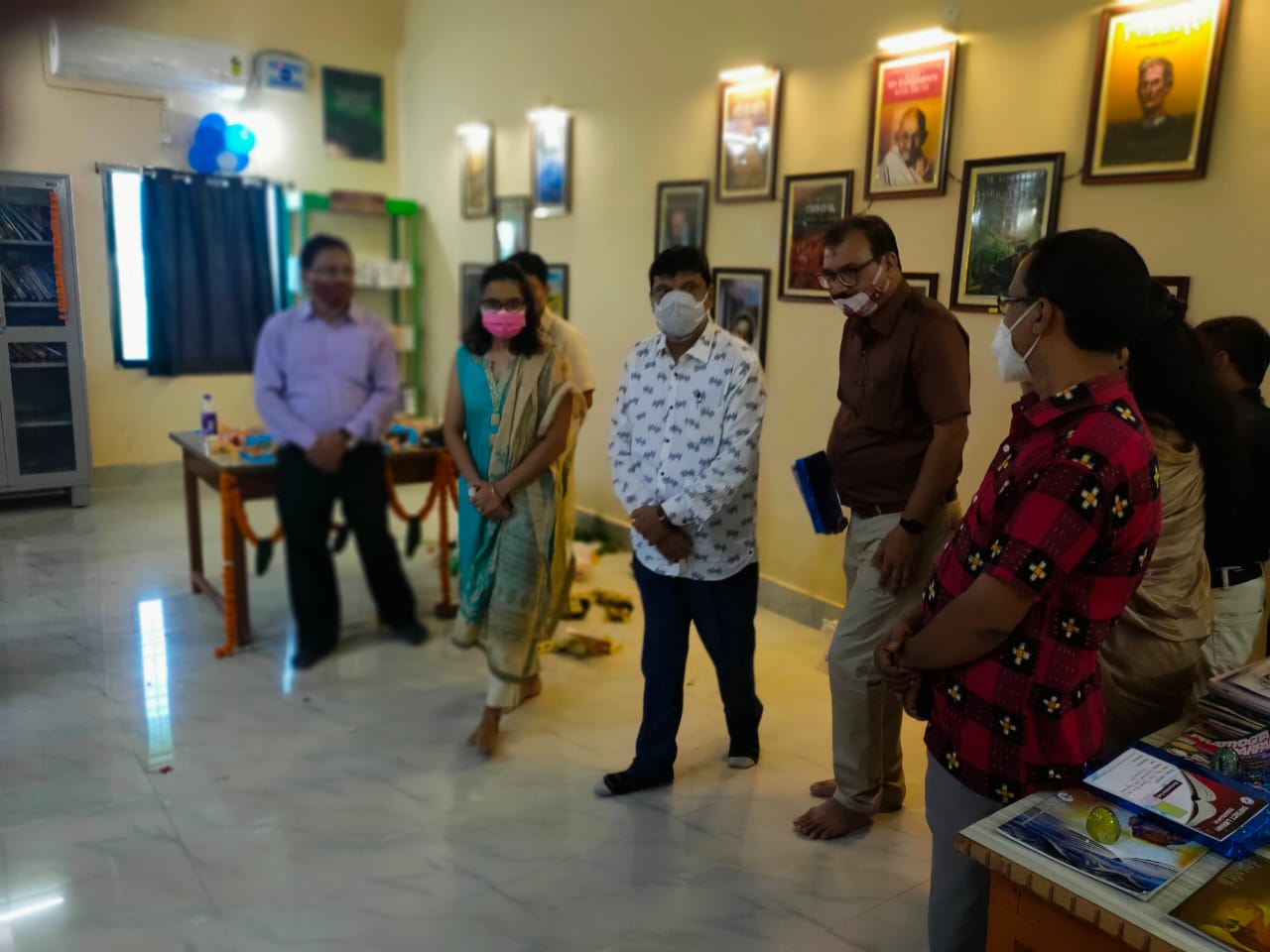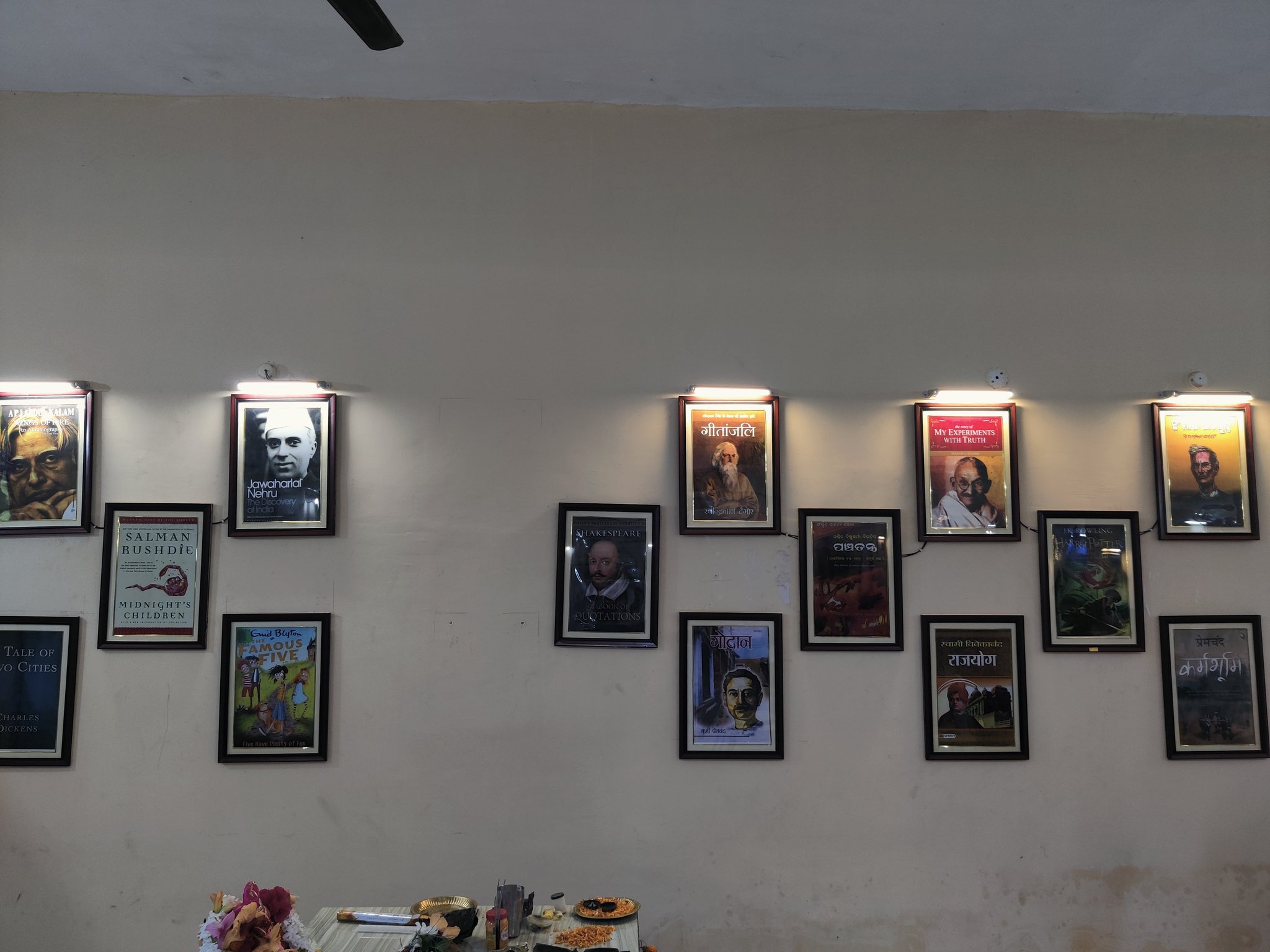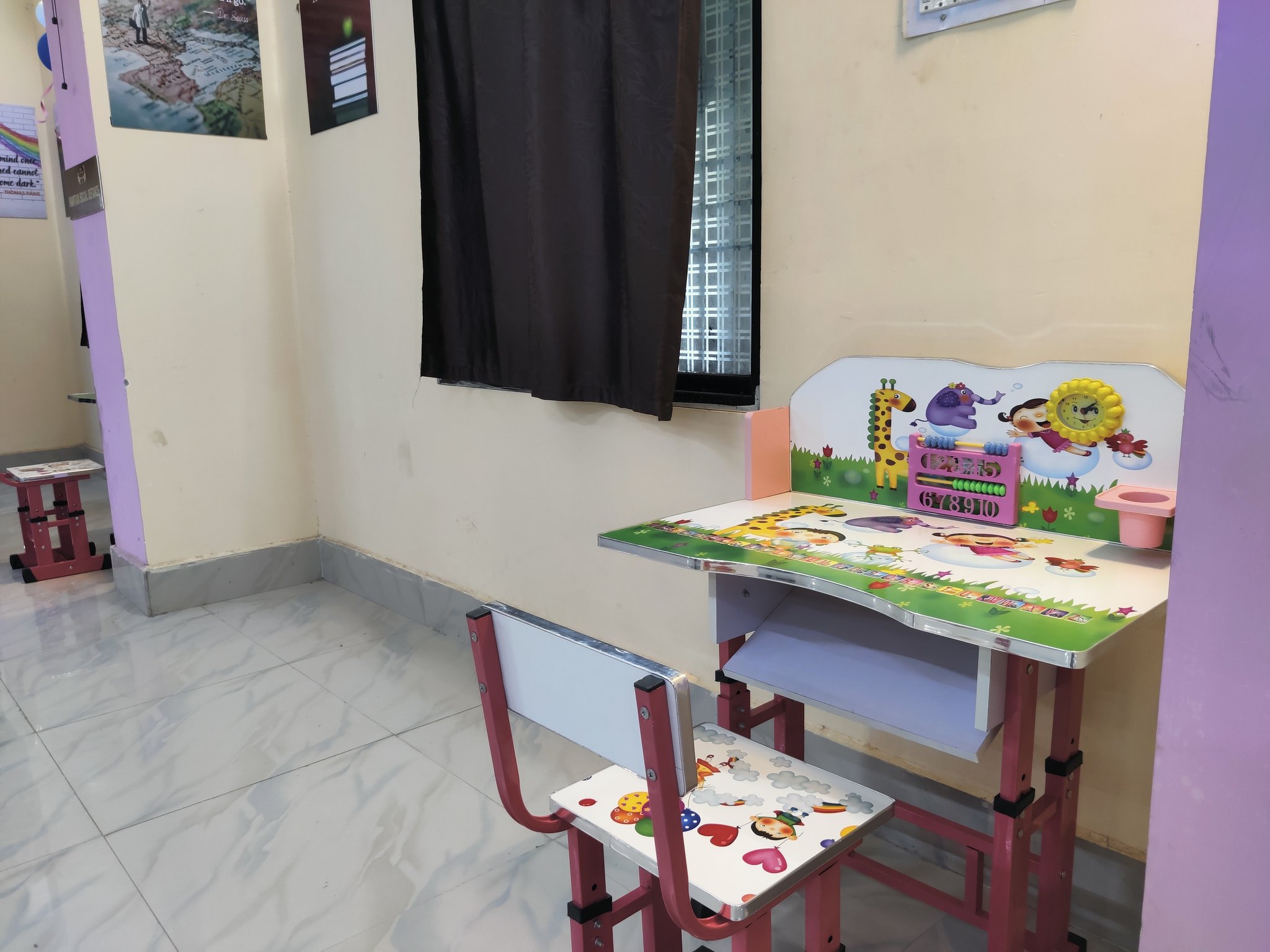Subarnapur: In today’s world libraries are essential in the process of giving citizens access to knowledge and information. While Internet is very much handy to us in staying connected with the world, it can never take over the role of a library in promoting education, research, personality development, ethics and other important values. Keeping this in view, the Subarnapur administration took up the initiative to transform the District Library into a modern one with all the facilities and services. It has become a center of attraction for all the book lovers of the district with its wide range of books and journals.
The moment you step into the Subarnapur District Library, the first things you will get to see are the inspirational and motivational quotes by famous personalities of the world. In the age of distraction, if any library that offers an exclusive space for study and learning, then it is the Subarnapur District Library – one of the most favored places in the district for the young and old book lovers.

With a wide collection of thousands of books of different genres, the Subarnapur District Library, set up as part of the transformative initiative of the Odisha Government, has become the new knowledge hub for students, youth, intellectuals, senior citizens and community members.
Subarnapur being a relatively smaller town, the students and youth used to rely on nearby towns like Sambalpur for their requirement of study materials. With the opening of the this library, the students have got access to a range of books relevant to their knowledge domains. The library is immensely benefiting the students in their preparation for various competitive exams.
The library, located at the heart of the city near the RTO office in Subarnapur, plays a great role in promoting literacy and inculcating reading habit among the community members through its useful and interesting reading materials. It also thrives to maintain and preserve books, periodicals, materials and resources with historical, cultural, social and archival value, in an organized and scientific manner.
The library has a rich collection of books on local history and more than 5300 books of different domains like literature, fiction, non-fiction, Sci-fiction, and competitive exams in Odia and English. Inside the library, the readers can find a peaceful atmosphere and an enjoyable reading experience. The quotes by leading personalities of the world have been given prominence so that the members can draw inspiration.

Subarnapur district administration has adopted Chief Minister Naveen Patnaik’s 5T mantra to transform governance in all departments by bringing about significant transformational and institution-level changes. Under the 5T initiative, focus is being given on:
1. Teamwork: Starting with the collaborative approach leading to leveraging experience and skill within the team, the departments of literature, language and culture worked on this project with extensive support from the Department of Information and Public Relations, NIC, PWD, GED, and Education Department. Finally, the District Administration established a District library in a vacant room of Sanskrit Bhawan. Similarly, to take the initiative to the actual beneficiaries, teams consisting of Deputy Collector and Assistant collectors visited all the 18 colleges of the district to make the students aware about the benefits of the Library and invited suggestions from them to improve the facilities.
2. Technology: With the help of NIC Subarnapur, the computerization of all the books through eGranthalaya software was achieved. The platform will provide a complete ICT solution for Library Computerization with integrated Library Management Software, Digital Library Module, Cloud hosting environment and a Library Portal (OPAC) with NICSI empanelled Roll-out Services and support.
3. Transparency: All the articles, electronic items, computers and books have been bought with due tender process following the guidelines of the Finance Department. It involves proper entries in stock register and public audit. Any member can check the author’s name, publisher’s name and cost of each book in the Library, bringing transparency to the entire system.
4. Time: Subarnapur Collector Aboli Sunil Narvane personally monitored the project which could ensure quality and timely delivery. As a result of cohesive teamwork of numerous teams and with the aid of technology, the District Library was set up in less than ten days.
5. Transformation: Since libraries are the purveyor of Information, custodian of knowledge and the house of learning, they play a vital role in society by catering to the academic and intellectual requirements of thousands of students and common public. The Library has dedicated reading space for women, senior citizens and kids. An old unused room in the district culture bhawan has now been transformed into a vibrant centre of knowledge.
“The administration will organize creative workshops and interactive sessions as per the requirements of our members. We shall keep purchasing new books to help instill reading habit amongst people of Sonepur”, said District Collector Aboli Sunil Narvane.
Through various awareness drives and interactive sessions with the students of different schools, colleges, teachers, senior citizens and the public, footfalls to the Library is increasing day by day. It has encouraged the administration to work with more vigour.

As part of making the Library more attractive and productive, the district administration is planning to provide counseling sessions to the aspirants of competitive examination on the fourth Friday of every month. It is also planning to hold orientation programs for the students on various topics by guest speakers from different streams.
The district administration has planned to generate funds through charging a token amount for membership in order to make the library self sustainable in future.
The district administration has fixed a nominal membership charge of Rs 500 per year with the exception for senior citizens, differently-abled students, and economically backward classless, along with orphans who have lost their parents.


Comments are closed.